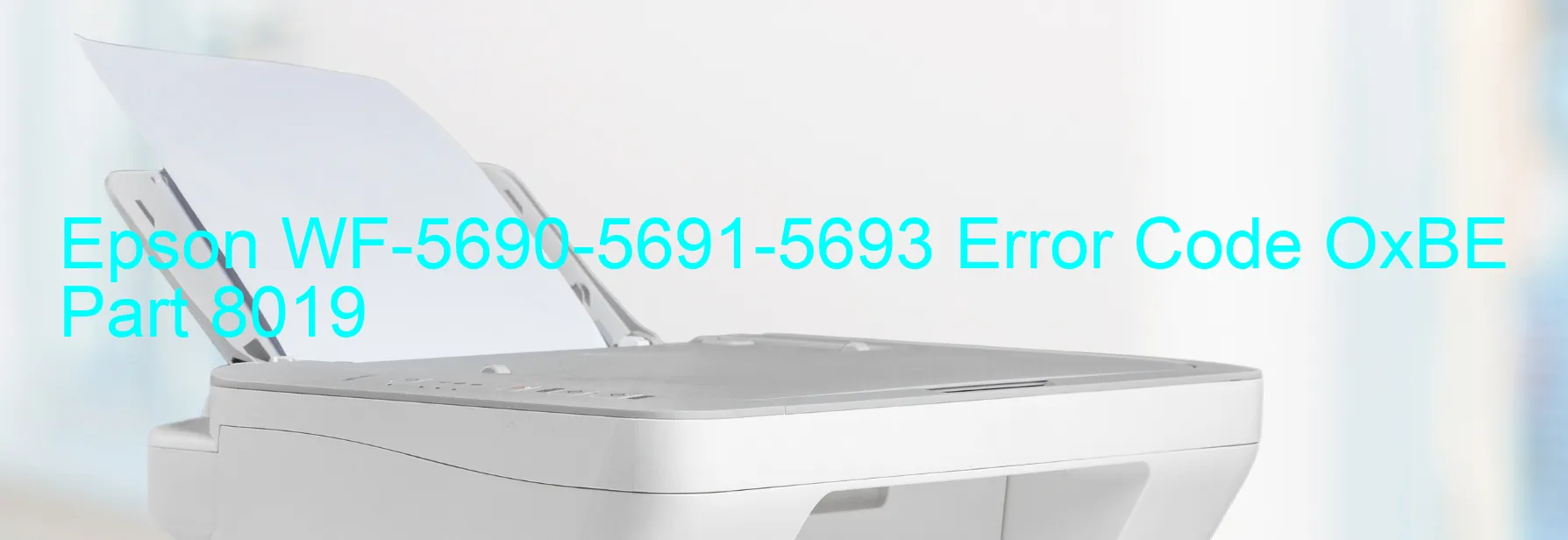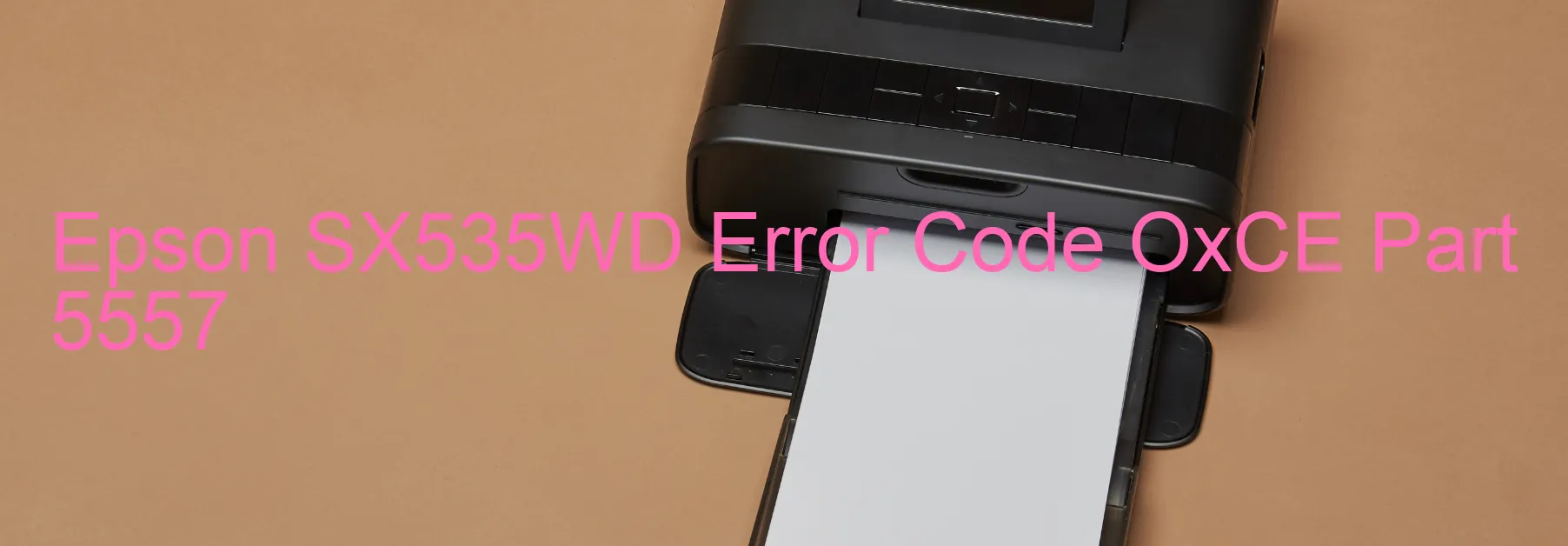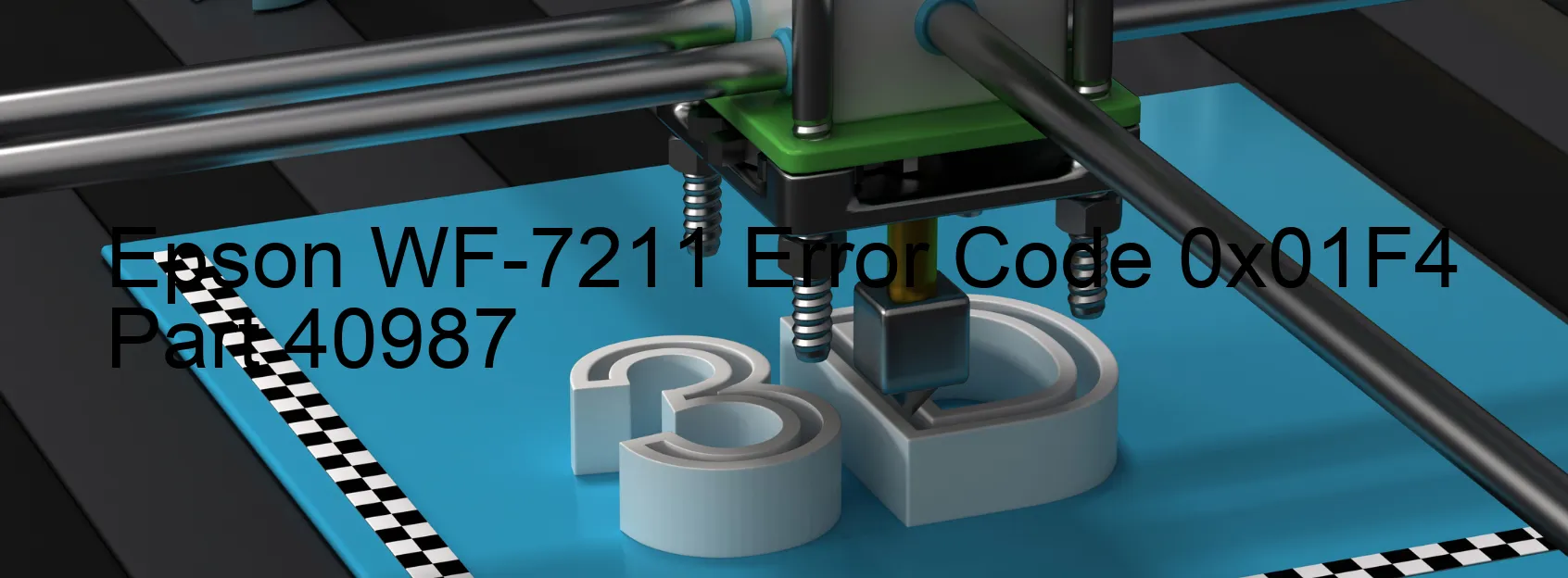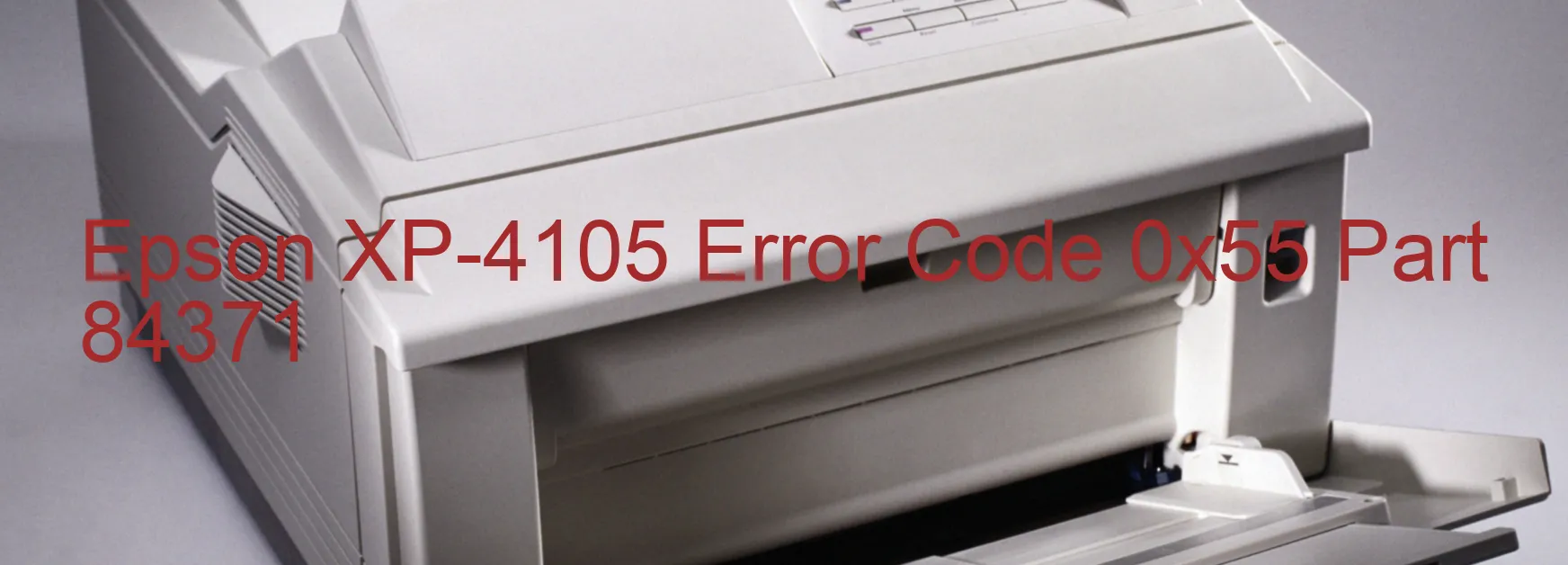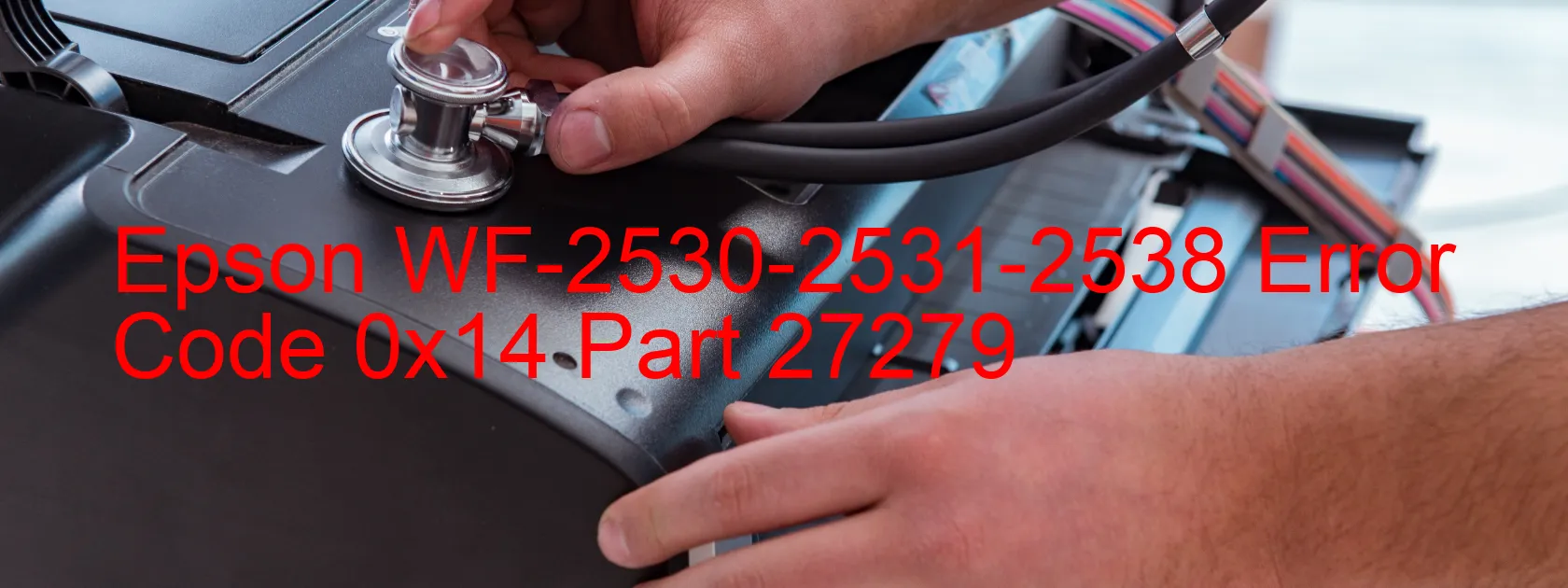Epson WP-4533 Error OxFA

The Epson WP-4533 printer may sometimes display the error code OxFA, indicating an issue with the PF load position. This error may occur due to multiple reasons, including encoder failure, PF motor failure, PF mechanism overload, cable or FFC disconnection, or tooth skip/improper tension of the timing belt.
One possible cause for the OxFA error is an encoder failure. The encoder is responsible for providing feedback to the printer about the position of the PF load. If the encoder fails, the printer may not be able to accurately determine the load position, resulting in the error code.
Another potential cause is a PF motor failure. The PF motor is responsible for moving the paper in and out of the printer. If the motor fails, it can lead to an excess load error, triggering the OxFA code.
Furthermore, if the PF mechanism becomes overloaded, it can cause the OxFA error to occur. This overload can happen due to various reasons, such as too much paper being inserted at once or a paper jam causing excessive load on the PF mechanism.
Additionally, a cable or FFC (Flat Flexible Cable) disconnection can also trigger the OxFA error. If the connection between the printer’s components and the control board is interrupted, it can result in communication errors and ultimately display the OxFA code.
Lastly, tooth skip or improper tension of the timing belt can cause the printer’s load position to be incorrect, leading to the OxFA error.
To troubleshoot the OxFA error, it is recommended to check for any visible paper jams, ensure all cables and FFCs are securely connected, and examine the timing belt for any signs of damage or misalignment. If the issue persists, it is advisable to contact Epson customer support for further assistance.
| Printer Model | Epson WP-4533 |
| Error Code | OxFA |
| Display on | PRINTER |
| Description and troubleshooting | PF LOAD POSITION excess load error. Encoder failure. PF motor failure. PF Mechanism overload. Cable or FFC disconnection. Tooth skip or improper tension of the timing belt. |
